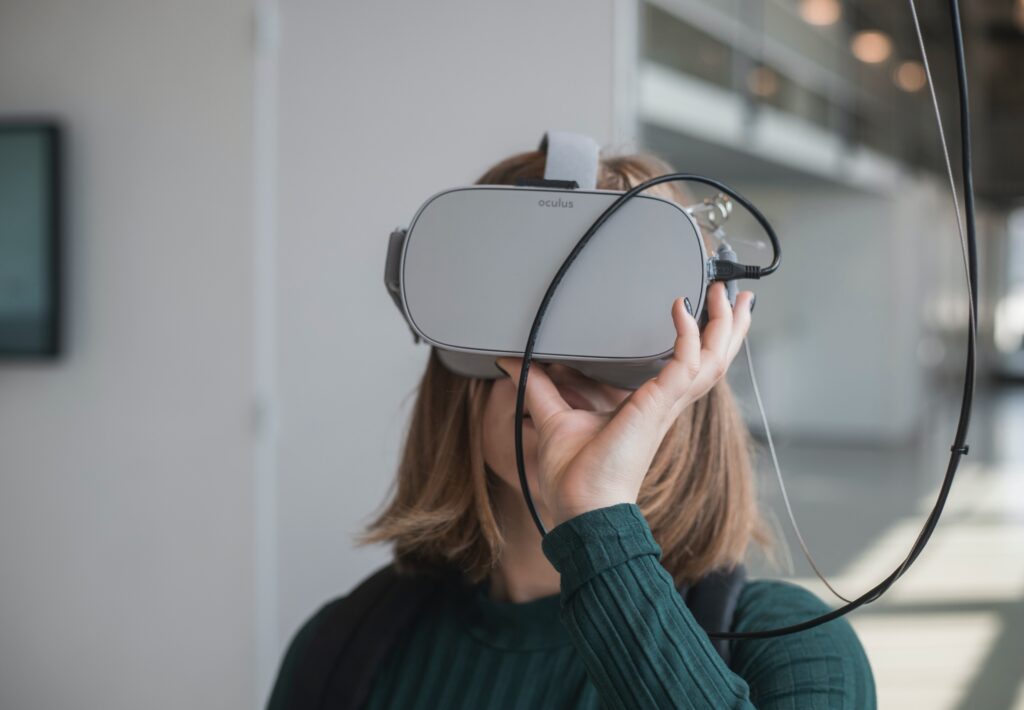Move over influencers, there’s a new virtual kid in town. With perfect lighting, angles, and 24/7 availability, virtual influencers are taking over social media. But, are they the real deal or just pixels posing as people? Who is a virtual influencer? Or rather, what is a virtual influencer? Virtual influencers, also known as digital influencers or meta-influencers, are computer-generated fictional characters that are used for a variety of marketing-related purposes, but most frequently for social media marketing. These virtual personalities are designed to look and act like real people and can be used to promote products, build brand awareness, and connect with audiences in a more engaging way.
The use of virtual influencers is a growing trend in the marketing industry, as they provide a number of benefits. One of the main advantages of virtual influencers is that they allow for a high level of control over the image and message being presented. Brands and businesses can design their virtual influencer to fit a specific aesthetic and target a specific audience or demographic. This can be particularly useful for businesses looking to reach younger audiences, as virtual influencers can be designed to appeal to this demographic in a more authentic and relatable way.
Virtual Influencer in India
In India, virtual influencers have become increasingly popular in recent years as the social media landscape has grown and evolved. Brands and businesses in India have begun to use virtual influencers to connect with younger, tech-savvy audiences and to stand out in a crowded digital market.
One example of a successful virtual influencer in India is Kyra. Kyra is a computer-generated virtual influencer, or avatar, that has been used to promote various products and brands on Instagram. She is a 3D model and is not linked to a specific person. Kyra has a significant following on social media and she is primarily targeted at audiences interested in fashion and beauty. Like many virtual influencers, Kyra is used to connect with younger, tech-savvy audiences in a way that is different from traditional advertising methods.
Additionally, it is a cost-effective way for brands to reach a large number of people through social media. It is an upcoming trend in digital marketing and you can see more virtual influencers in near future.
Virtual influencers can also be used to create content that is both informative and engaging. They can be used to provide product demonstrations or reviews, as well as share industry-related news and insights. Additionally, virtual influencers can be used to collaborate with other influencers, brands, or businesses and help them reach new audiences and grow their business.
Another advantage of using virtual influencers is that they don’t have the same personal life or busy schedule as real people, which makes it more predictable, easy to schedule and cost-effective in terms of time and budget. This can be especially beneficial for businesses with limited resources or those looking to create a consistent message across multiple channels.
However, it’s important to note that while virtual influencers do offer a high level of control, they do not possess the real human connection and personal touch of an actual human influencer. This can make it difficult to build a strong sense of trust and loyalty with your audience. Additionally, the ethics of using virtual influencers are a contentious issue. As some argue that their use deceives the audience and is a form of manipulation. It’s important for brands and businesses to carefully consider the potential downsides and ethical implications of using virtual influencers before doing so.
Overall, virtual influencers are a growing trend in the marketing industry that provides brands and businesses with a unique opportunity to connect with audiences in a new and interesting way. Influencers are creating and monetizing communities, striking brand deals, motivating masses and what not. The career landscape is rapidly changing and new possibilities emerge almost every other day.


